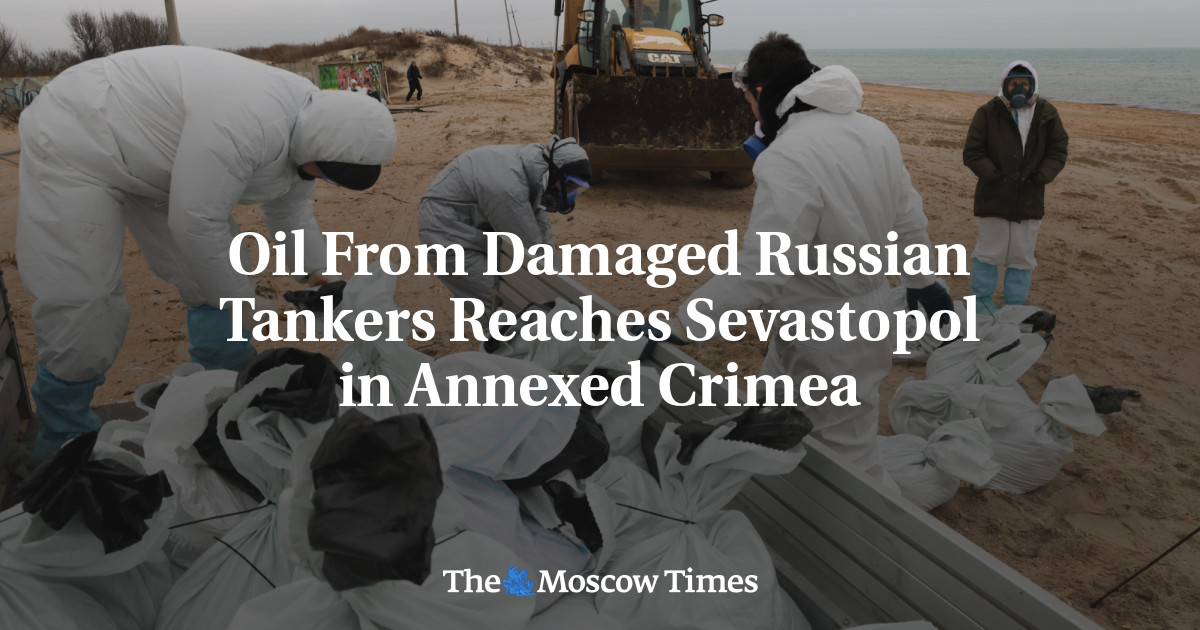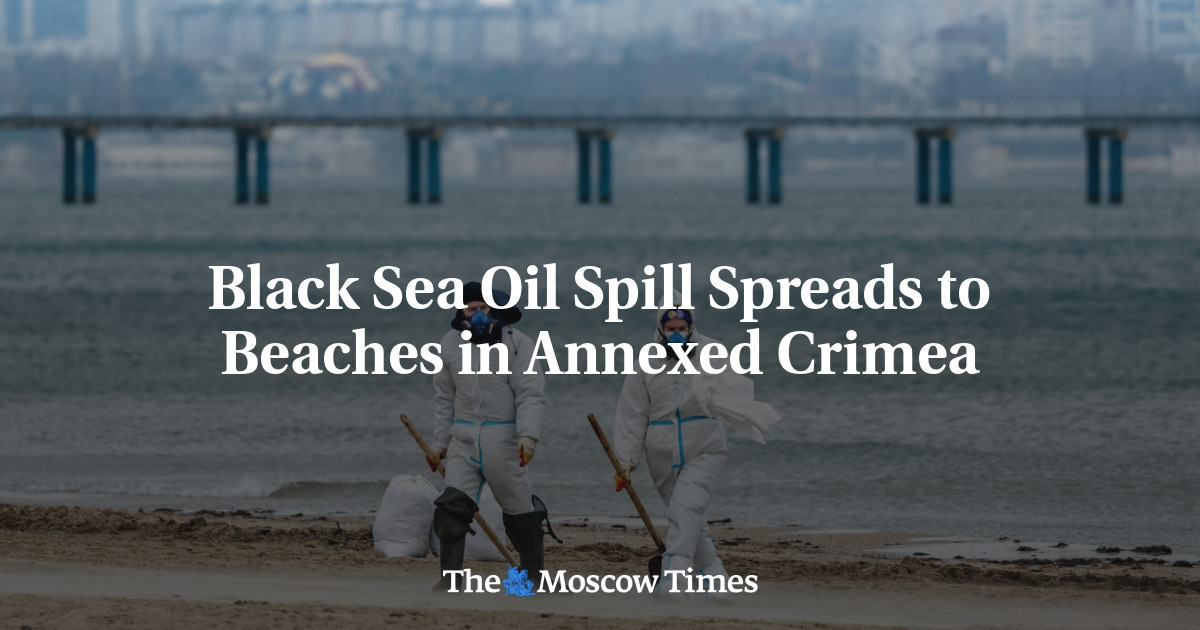Tightly clutching her ginger cat, Oksana Altynchurina sat in an inflatable dinghy, after rescuing only her pet and a few documents from her flooded flat.
In the southern Russian city of Orenburg, the River Ural has burst its banks, inundating thousands of homes, after heavy rain and melting ice swelled rivers across the region and in neighboring Kazakhstan.
Muddy brown water covered a vast expanse of the city, with the worst-hit areas near the river where many live in houses and blocks of flats, an AFP journalist saw on Saturday.
Russia's Emergency Situations Ministry said Sunday that nearly 4,000 houses and blocks of flats in the city had been flooded.
In some places, the water reached the top of ground floors and some had not managed to retrieve any possessions before the water rose.
As her husband pulled the dinghy along weary waders, Altynchurina said that their ginger cat, Ryzhik, had survived in their ground-floor flat because he sheltered on a high shelf and they heard him miaowing.
Sadly her other cat drowned.
"The ground floor is almost completely underwater," said the 38-year-old housewife whose son has disabilities.
"We had to climb through the window. The furniture, the fridge, the washing machine — it's all floating."
She said she had retrieved only "passports, birth certificates of the children, receipts for housing bills."
"Nothing else. Our furniture and our things are all lost."
Lyudmila Borodina, a medical worker, sniffed and hid her face to cry, standing near her one-story house which was waist-deep in water.
"I saved every penny, I denied myself everything, I tried for the sake of the house. And now it's all flooded — it's a nightmare," the 56-year-old said.
'No one is helping'
Borodina said she was staying with relatives and was dreading seeing what her house looked like when the water subsided, fearing she would not get any official help.
"Of course, [I feel] fear. Because when we get there — everything will be damp inside, everything will be falling apart. And there's just no confidence that someone will help you."
Locals sloshed through the water, bringing out pets and children in their arms. One man, Iskander Rakhmatullin, a bulldozer operator, was busy cooking food for his neighbors on an open fire.
"A hot meal when someone comes out of the cold water will come in handy," said the 61-year-old.
The water level was so high on the city's central promenade area on the embankment that only the top of street lamps with security cameras rose above the swirling brown water.
Water also lapped around a column marking the dividing point between the continents of Europe and Asia, a local landmark.
"Where is the government?" shouted one man, rowing a rubber dinghy down a street.
The 25-year-old fruit seller, Islam, said that his house on the outskirts of the city was almost completely underwater and he had brought a boat to try to rescue possessions for himself and neighbors.
"No one is helping us," he said. "No Emergency Situations Ministry, no one has ever come. We're renting a boat and we're paying 5,000 [rubles, $54] per day for it."
 (1).png)
 8 months ago
12
8 months ago
12













